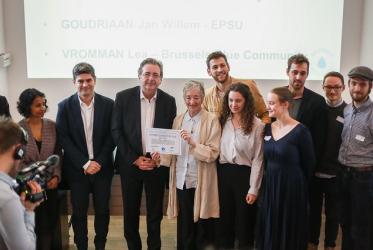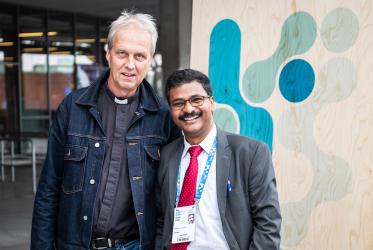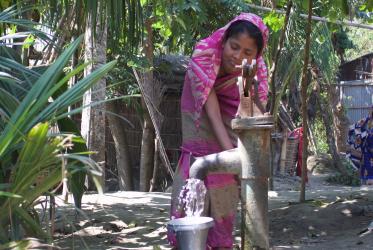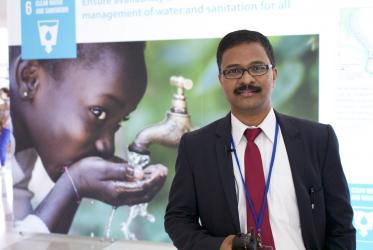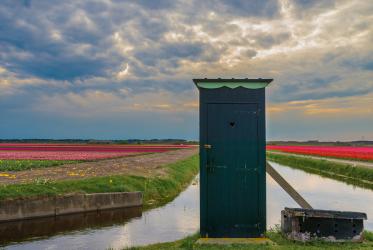Displaying 101 - 120 of 208
06 January 2020
WCC joins gathering of Blue Communities in Brussels
06 December 2019
Eco-School promotes blue communities, green churches
19 November 2019
WCC Eco-School begins in Thailand
07 November 2019
WCC President Wejryd: ‘Water, in many ways, represents God’
27 September 2019
Water and Faith showcase highlights results of collaboration
26 August 2019
WCC represented at G20 Interfaith forum in Tokyo
13 June 2019
“When Nature Calls”…WCC joins in commemoration of World Toilet Day
19 November 2018
WCC Eco-School encourages youth to become eco-ambassadors
08 November 2018
WCC represented at International Sanitation Convention in India
18 October 2018
